Putin wants to 'turn Ukraine into a broken country,' political analyst says
On Monday, Russian President Vladimir Putin directed troops to enter rebel-held areas Donetsk and Luhansk to perform so-called "peacekeeping" in both regions.
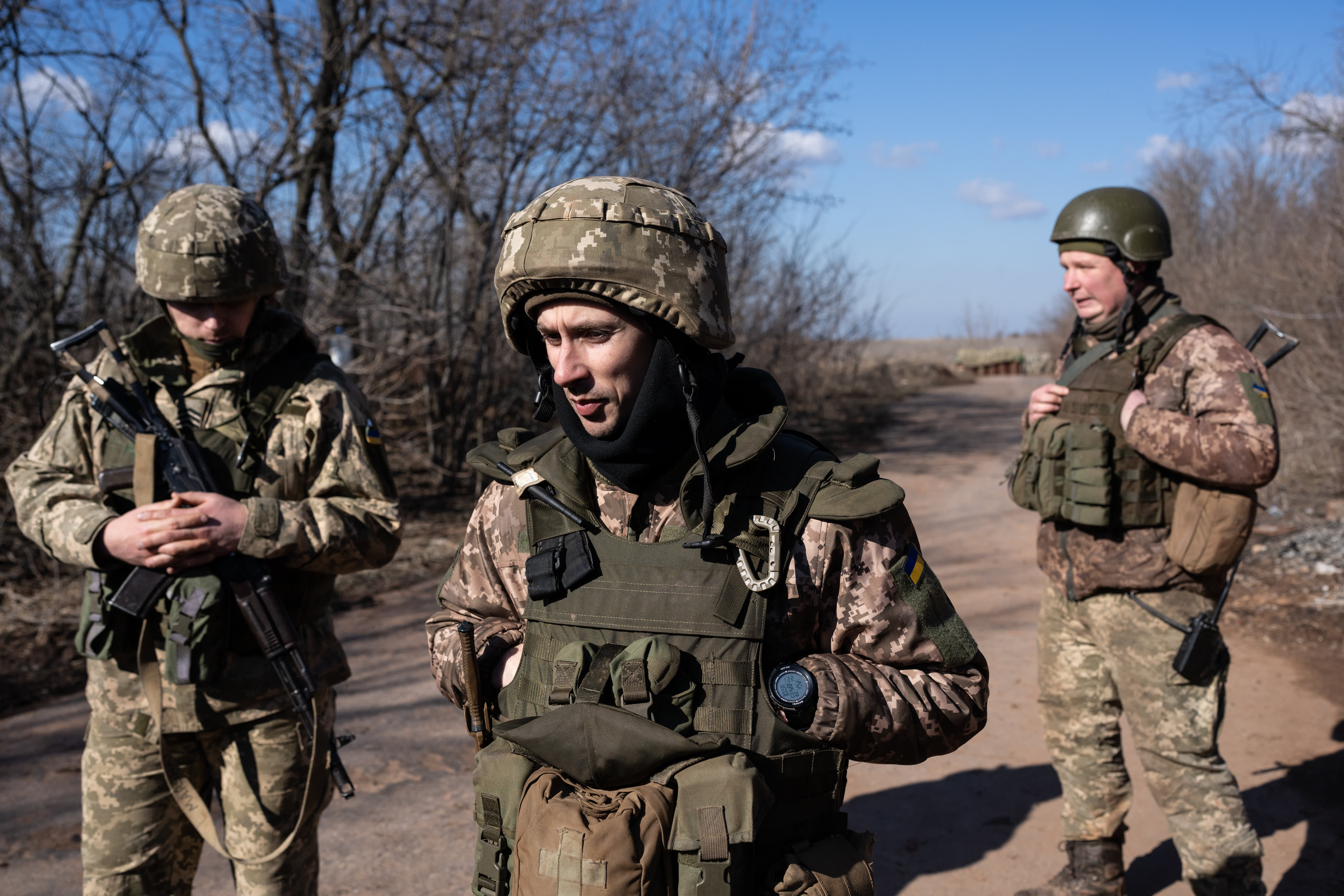
Russia's decision to move troops into eastern Ukraine is aimed at breaking up the country and sending a strong signal that Moscow is willing to ramp up the conflict, according to a senior analyst at a political consultancy firm.
On Monday, President Vladimir Putin ordered troops into the rebel-held areas of Donetsk and Luhansk to perform so-called "peacekeeping" functions in both regions.
He did so after recognizing the two Russia-backed separatist territories as independent states.
"Russia basically wants to turn Ukraine into a broken country, a country that is not under full control of its entire territory, a country that could never aspire to join the European Union or NATO," Adriano Bosoni, an analyst at Stratfor-RANE, told CNBC's "Street Signs Asia" on Tuesday.
"Russia is sending the message that they willing to escalate the conflict in order to achieve that," he added.
World reacts to Russia's moves
U.S. ambassador Linda Thomas-Greenfield condemned Russia's decision to recognize the separatist territories, and warned that the consequences will be dire across Ukraine, Europe and worldwide.
Ukrainian servicemen are seen outside of Svitlodarsk, Ukraine on February 21, 2022.
Wolfgang Schwan | Anadolu Agency | Getty Images
"The UN estimates the humanitarian toll will expand significantly should Russia further invade," she said at the United Nations Security Council emergency meeting on Ukraine in New York late Monday.
"President Putin is testing our international system, he is testing our resolve and seeing just how far he can push us all. He wants to demonstrate that through force, he can make a farce of the UN. We must act together in response to this crisis," she said.
U.S. and European allies have also warned that Putin's recognition of the breakaway regions could serve as a possible prelude to a Russian invasion.
Europe is 'internally divided'
European leaders also condemned Moscow's actions and said they were a "blatant violation of international law."
"The first reactions that we saw make total sense: Focus the sanctions on the breakaway territories, while you try to get your house in order and come up with a proper plan to impose stronger sanctions," said Bosoni.
[The EU is] internally divided over how to react to more grey or uncertain situations like the one we have right now.
Adriano Bosoni
Stratfor-RANE
But the latest developments are particularly problematic for the European Union, he added.
While the EU has made it clear there will be sanctions and repercussions if Moscow invades Ukraine, the bloc is "internally divided over how to react to more grey or uncertain situations like the one we have right now," Bosoni noted.
On the weekend, German Chancellor Olaf Scholz rejected calls from Ukraine's president to sanction Russia at that time, saying that Moscow should not be sure "exactly" how the West will respond to a potential invasion.
As the crisis in Ukraine continues to unfold, the Europeans will try to keep the negotiation channels open, Bosoni said, especially the "French and the Germans [who] will try to convince Russia, and potentially Ukraine, to go back to the negotiation table."
He added that the "Russians know this," and are escalating the crisis in order to get "concessions in the future."

 AbJimroe
AbJimroe 







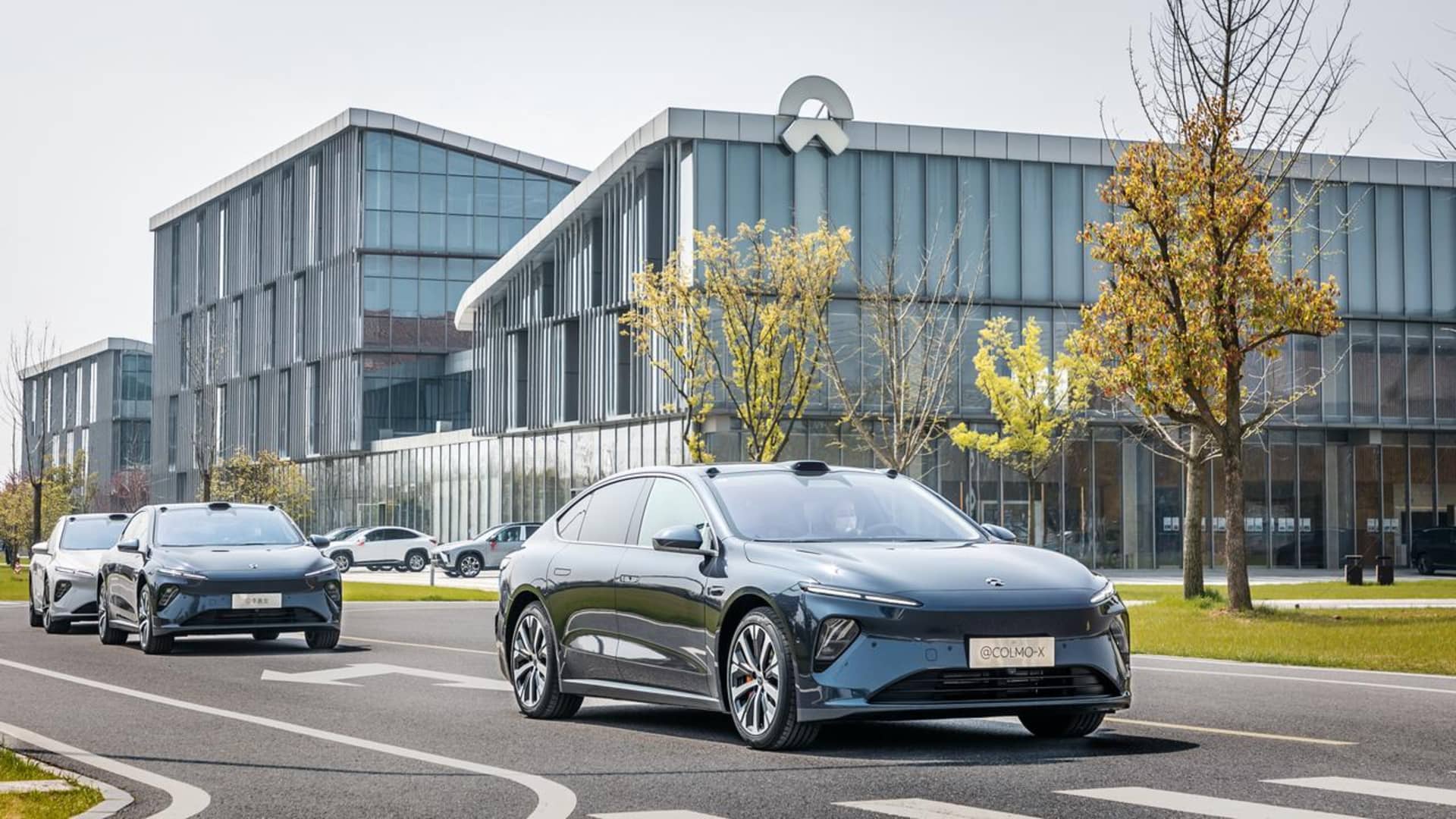
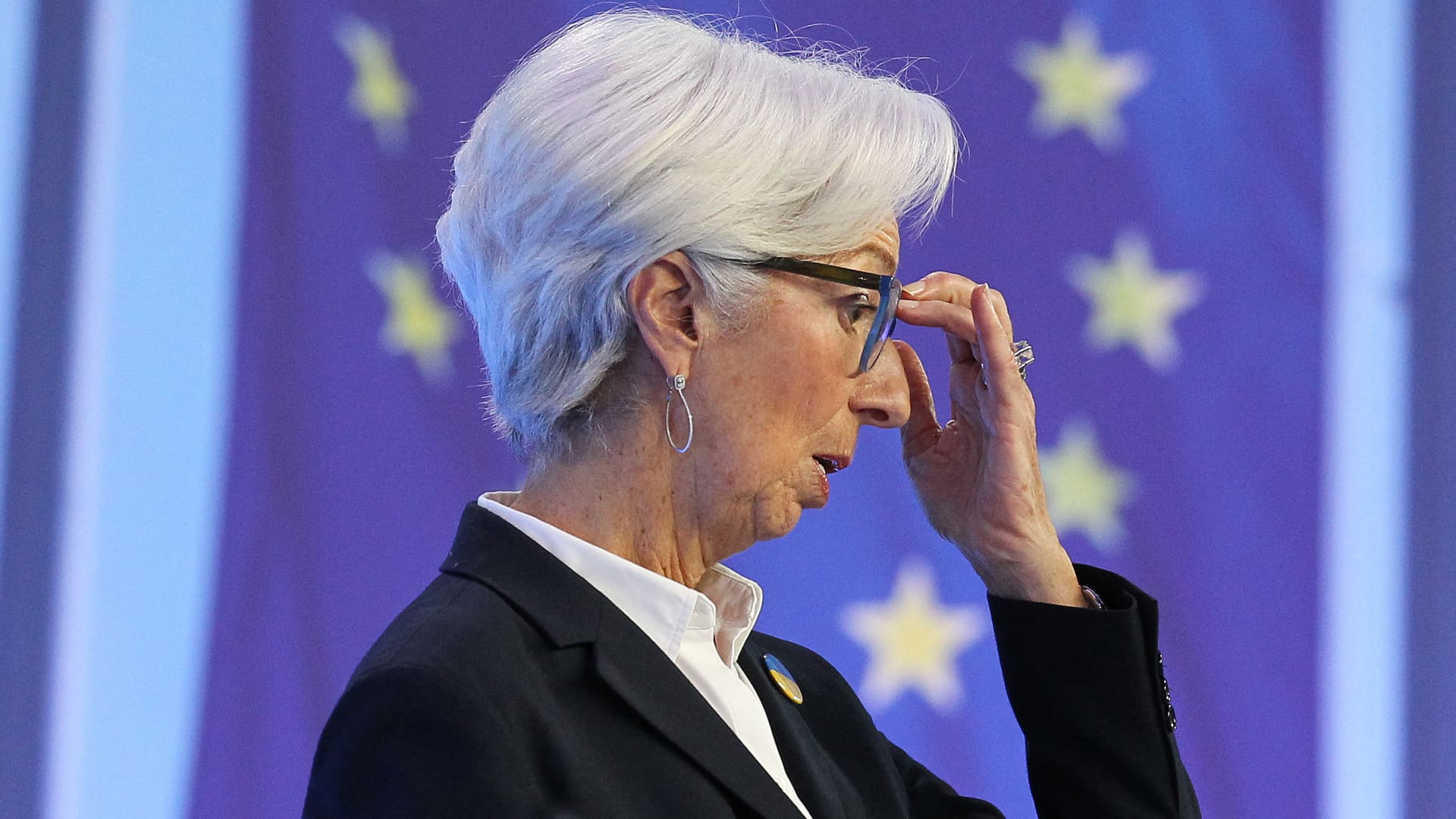
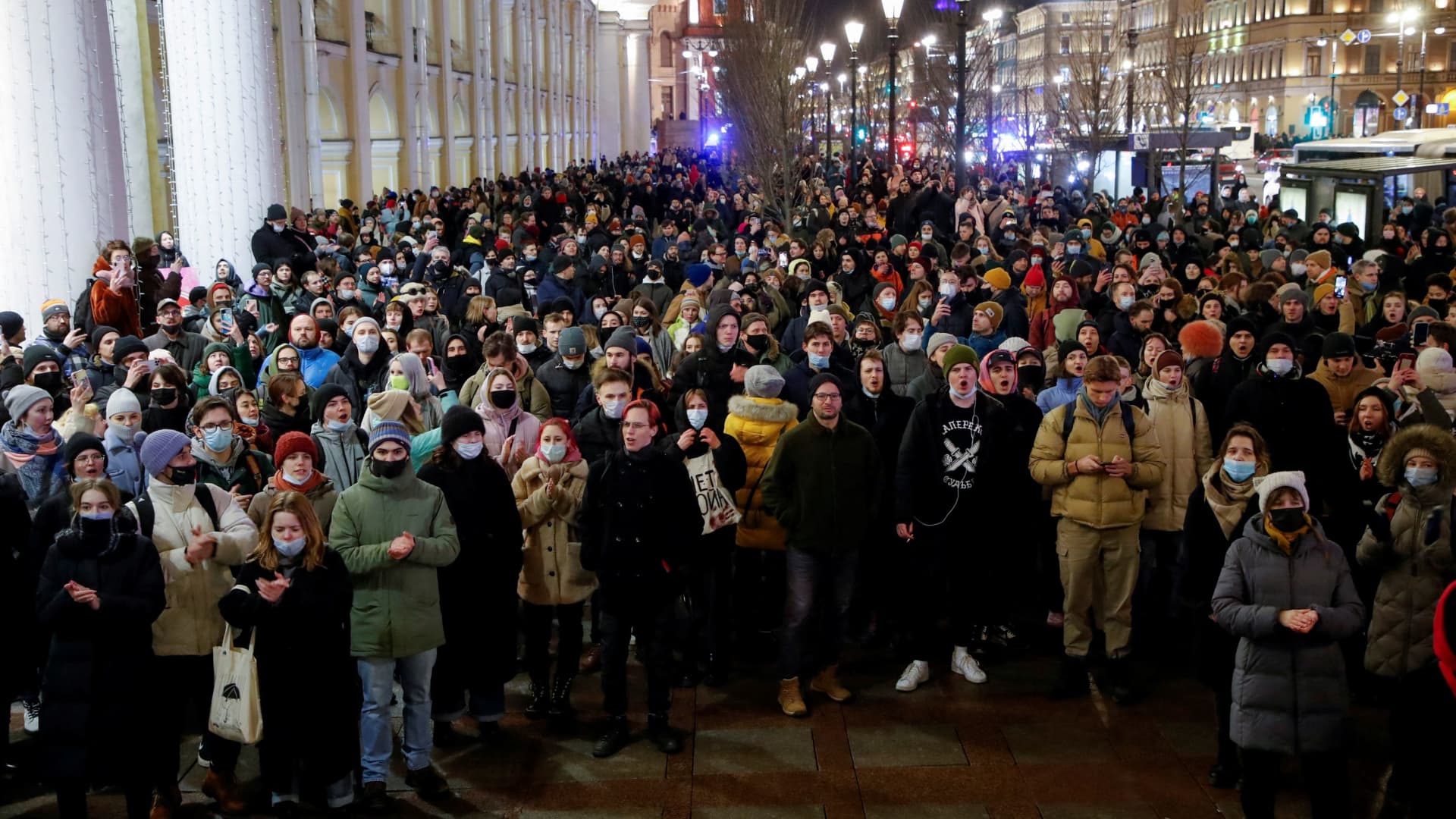
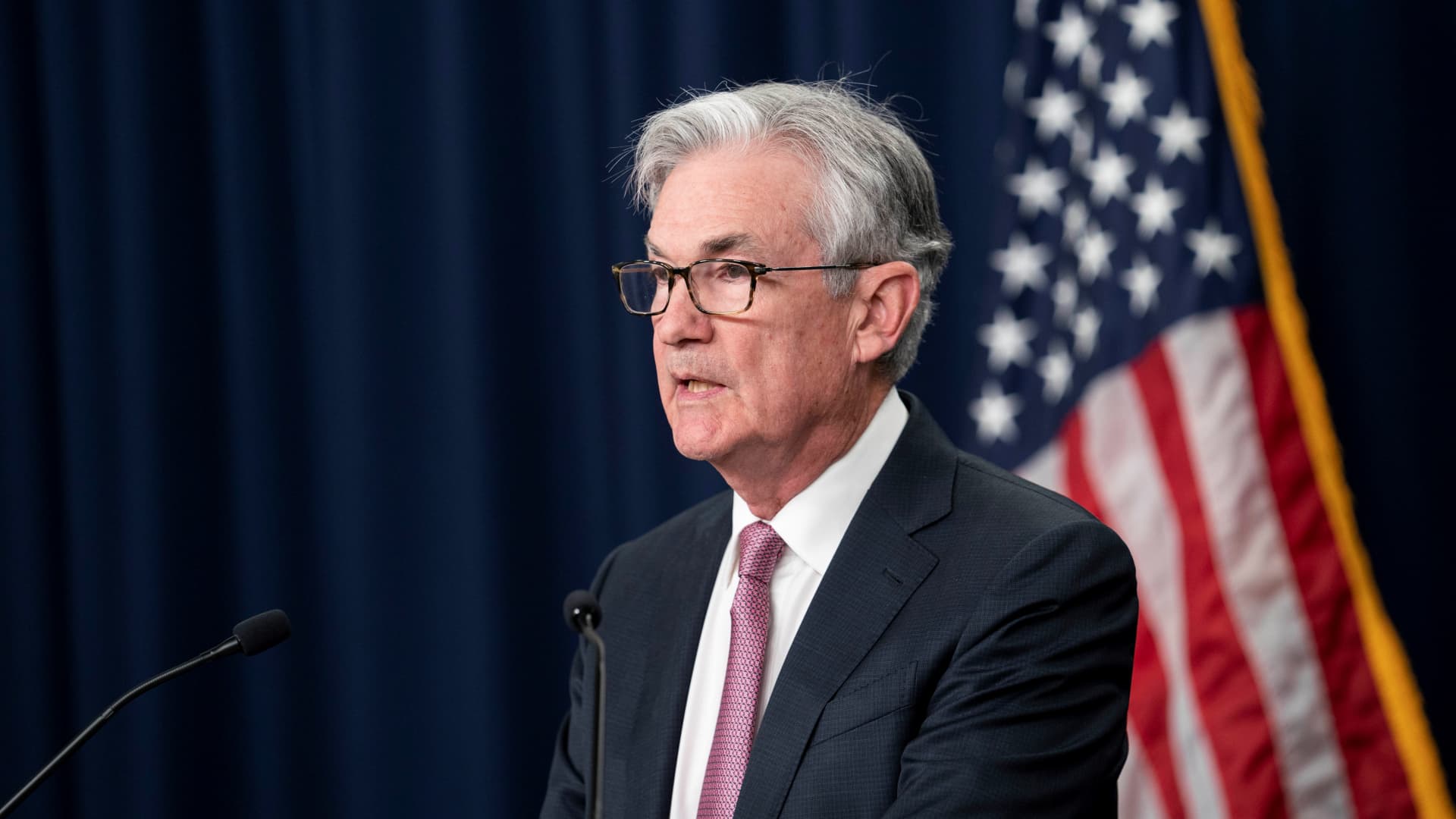
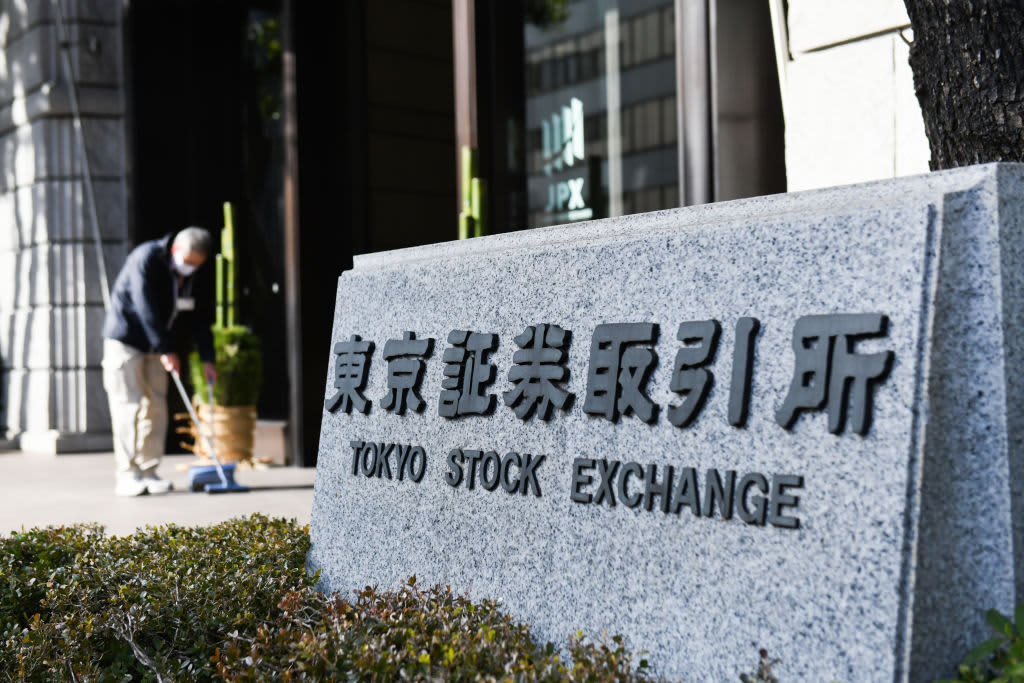











.jpg&h=630&w=1200&q=100&v=6e07dc5773&c=1)







